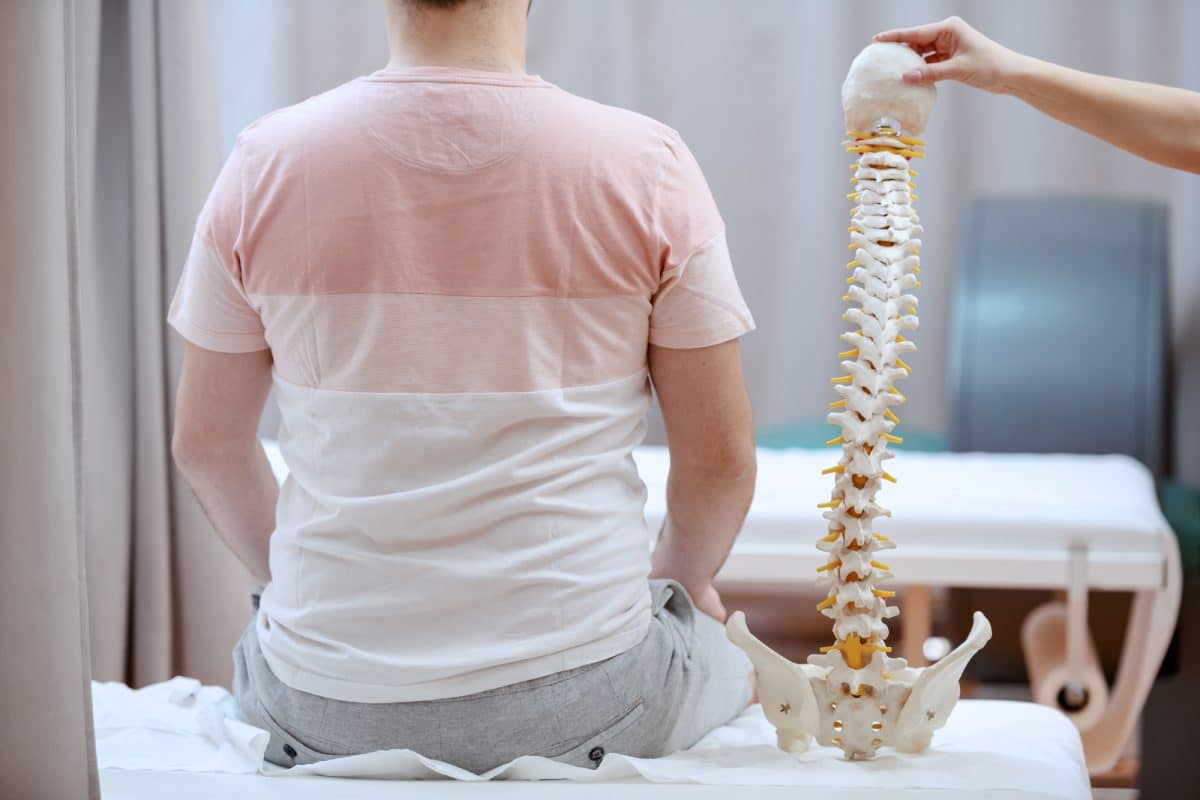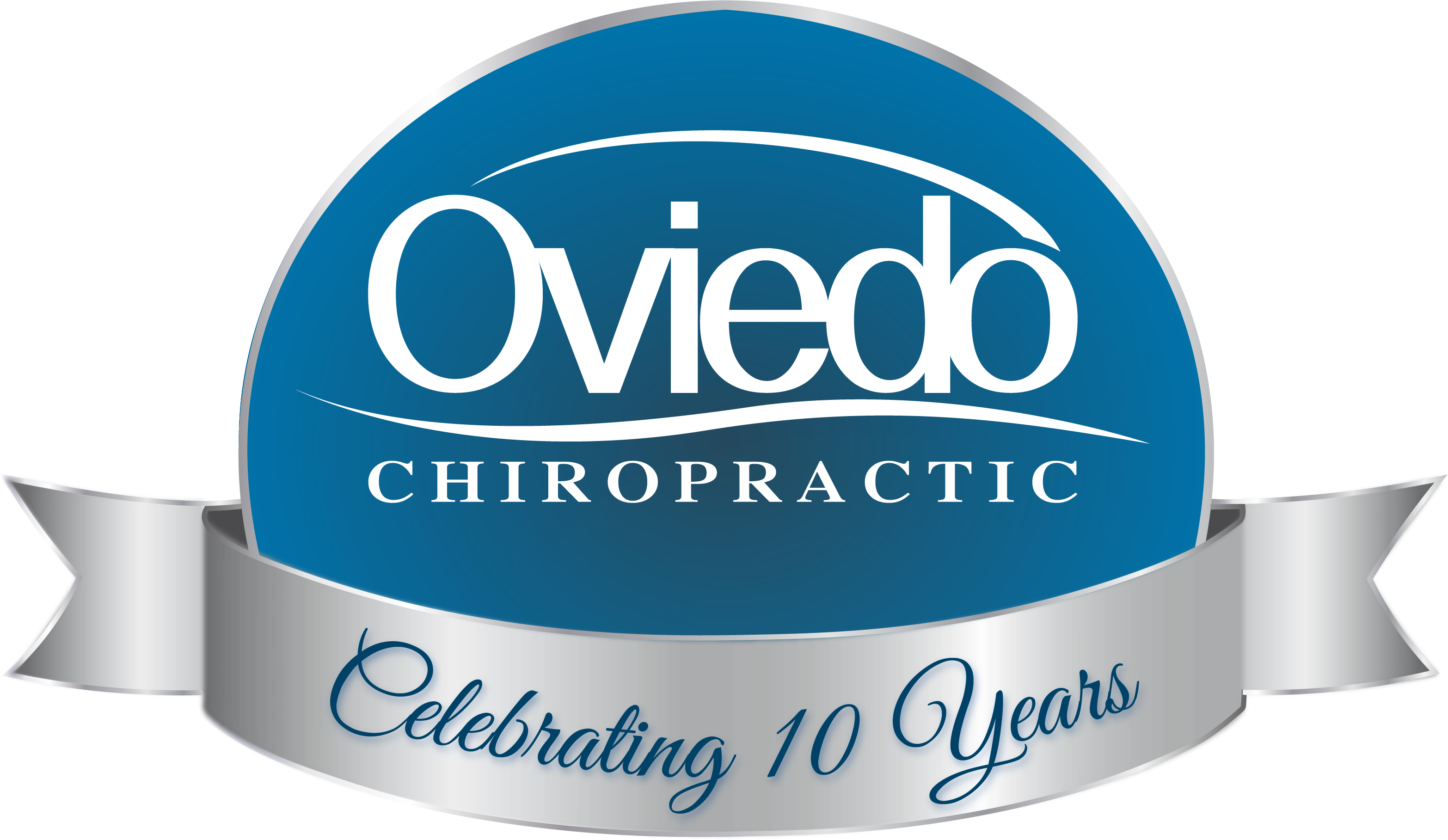What Is the Best Pain Reliever For Back Pain?
Tylenol, Aspirin, Advil…what is the best for back pain relief?
As it turns out, the best pain reliever for back pain isn’t what you’d expect.
Your spine is incredible. It’s responsible for bearing your weight, protecting your spinal cord, holding your ribs in place to protect your heart and lungs, and remaining flexible enough to allow you to move.
But most people don’t give their spines a second thought…unless, that is, they’re feeling back pain.
An estimated 80% of people will experience back pain at some point in their lives. And most of those people will turn to an over-the-counter (OTC) pain medication for quick relief.
What is the best pain reliever for back pain? And are medications really the best option?
Best Pain Reliever For Back Pain
When those first pain signals surface, most people head straight for the medicine cabinet—and for good reason. Over-the-counter (OTC) pain relievers are fast, accessible, and usually effective.
Nonsteroidal anti-inflammatory drugs (NSAIDs)—like ibuprofen (Advil, Motrin), naproxen (Aleve), and aspirin—are some of the most popular choices. These medications work by blocking an enzyme called cyclooxygenase, which your body uses to make prostaglandins, a chemical that triggers inflammation.
Reduce the inflammation, and you reduce pain. Simple enough.
But NSAIDs aren’t without their drawbacks. In higher doses (or when taken on an empty stomach), they can lead to serious side effects like indigestion, stomach ulcers, and even kidney damage.
Then there’s acetaminophen (Tylenol). While it’s not technically an anti-inflammatory, it’s widely used to relieve pain and reduce fevers. Experts aren’t exactly sure how it works, but it’s believed to affect the same pain-signaling pathways as NSAIDs—just without the same stomach-related side effects.
And that’s why, for many people, Tylenol ends up being the best pain reliever for back pain. It’s effective, widely available, and generally easier on the stomach. But does that mean it’s the right choice for everyone?
We Offer Same-Day Appointments
Does Tylenol Help With Back Pain?
Tylenol (acetaminophen) is often recommended as a first-line option for back pain—especially for those who can’t tolerate NSAIDs due to stomach sensitivity, ulcers, or kidney concerns.
While Tylenol doesn’t reduce inflammation the way NSAIDs do, it can still help dull the pain signals sent to your brain. That makes it a solid option for managing mild to moderate discomfort without the higher risk of side effects that often come with other medications.
It’s also one of the safer long-term choices for people dealing with ongoing pain. As long as you stay within the recommended dosage, Tylenol can be a reliable, low-risk way to take the edge off—especially when paired with rest, ice, and gentle stretching.
That said, even Tylenol has its limits. If your pain becomes severe or persistent, it might not offer enough relief. And that’s when some people—and even their doctors—start to consider stronger solutions.
But jumping from Tylenol to opioids isn’t always the safest move.
Opioids For Back Pain
Sometimes, even “extra strength” over-the-counter pills aren’t enough to dull your pain. That’s when people (doctors included) tend to escalate to muscle relaxants and prescription opioids. But this often causes more problems than it solves.
Opioids—drugs like oxycodone, hydrocodone, codeine, morphine, and fentanyl—are a highly regulated class of drug. Rather than telling your body not to produce pain, they tell it not to feel pain. Opioids work by blocking pain receptors in the brain and inducing a feeling of happiness and calm.
Highly effective? Yes. But you won’t be doing your body any favors.
If used long term, opioids can wreak havoc on your body. You may suffer from constipation, nausea, dizziness/vertigo, drowsiness, depression, and anxiety…and these are just the minor symptoms! The biggest problem with opioids is that they are incredibly addictive.
It starts with your body developing a tolerance to the drug, which means you need more of it to feel the same benefits. You begin to take higher and higher doses, desperate for pain relief. Left unchecked, you may even take such high doses that your body stops breathing.
Opioids can be a helpful tool at relieving short-term (or acute) low back pain after a surgery or traumatic injury. But for chronic low back pain, it’s better to step away from the pill bottle.
A Natural Alternative to Pain Meds
Your throbbing back might disagree, but pain is actually helpful.
Pain is your body’s way of alerting you that there’s a problem. The inflammation is caused by increased blood flow, which is how your body helps heal injured tissue. The pain you feel is a reminder to stop and let your back get some rest.
By continually popping pain medication, you’re ignoring that alarm that says “Something’s wrong!” In fact, by ridding yourself of the pain, you’re more likely to injure your back further.
For instance, say you tripped while hiking one weekend and broke your wrist. If you take the right combination of pills, you wouldn’t be able to feel a thing. But there isn’t a drug in the world that can reset your bones.
Further, pain medication doesn’t give you any clues as to the cause of your pain. If your pain is due to a pinched sciatic nerve, an anti-inflammatory won’t relieve that pressure. If your issue is a misalignment of the vertebrae, an opioid isn’t going to correct it.
How To Relieve Back Pain
Luckily, there’s a better alternative: chiropractic care.
Chiropractors specialize in diagnosing and treating joint misalignments that can put pressure on the nerves, muscles, and other soft tissues. By restoring your spine and other joints to their proper alignment, the offending symptoms (stiffness, tingling, numbness, and pain) will be dramatically reduced or even eliminated.
In clinical trials, chiropractic care has even been shown to be effective at treating certain medical conditions, such as sciatica, chronic headaches, and more.
For trigger points and other forms of muscle pain, chiropractors can also refer you to a medical massage therapist to provide more comprehensive care.
Addressing the problem at its source will not only treat back pain effectively, it will make NSAIDs, opioids, and other pain medications unnecessary.
True, Lasting Back Pain Relief
Back pain is more than an annoyance, it’s a symptom that there is something wrong. And while pain pills might stop you from feeling discomfort, they can’t heal you.
Chiropractic adjustments and regular spinal care, on the other hand, will keep your back in tip-top shape so that you no longer have to suffer the harmful side effects of OTC pain meds.
Many people wait until they have been in a car accident or another type of severe trauma before seeing a chiropractor. But seemingly innocuous activities (like sitting at a desk for eight hours a day) can be extremely hard on your back.
Don’t wait for your back pain to get better on its own. Schedule an appointment at Oviedo Chiropractic so that we can get to the root of your back pain and provide you with lasting relief.






